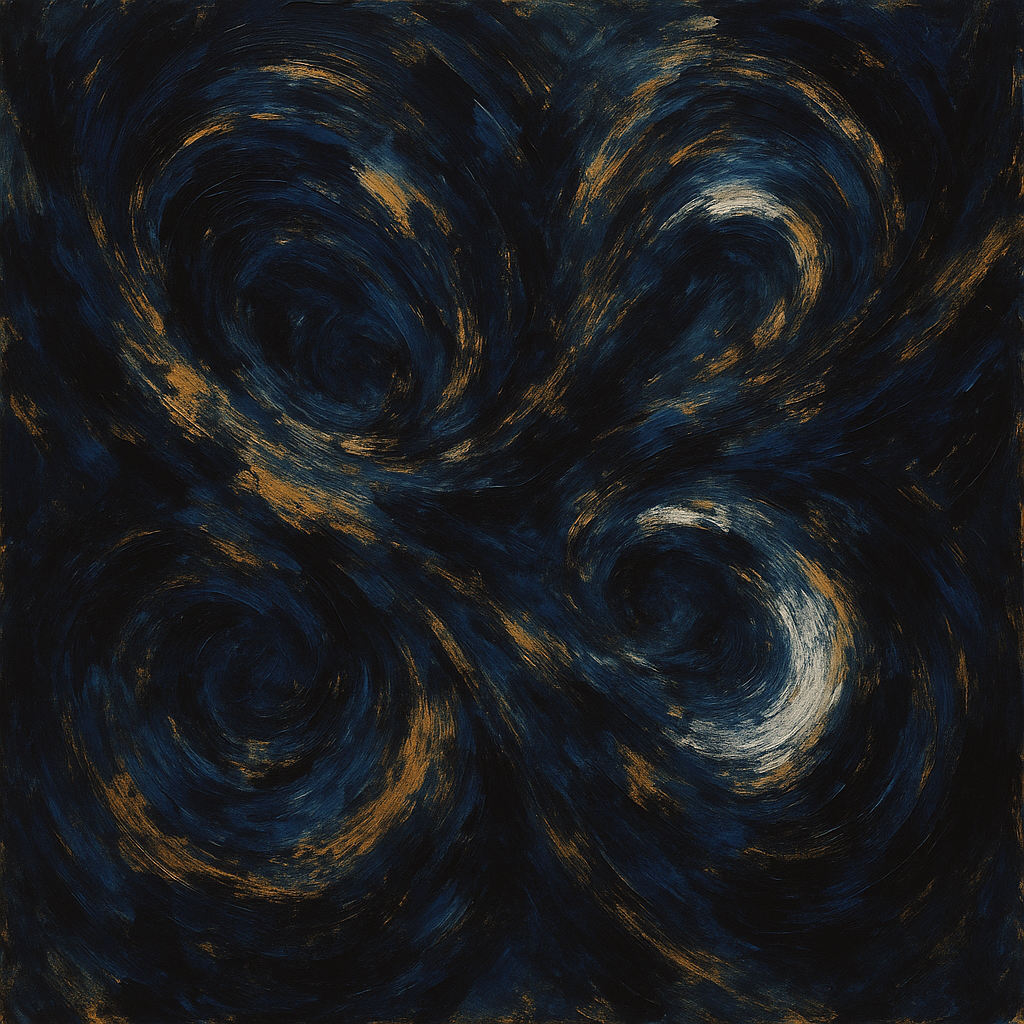metaphysical thrash
Transit can tire you out—whether it’s a long commute or a flight, the act of transition drains more energy than we expect.
But physical transportation isn’t the only kind that wears us down. Our minds pass through dozens of portals a day—news updates, emotional threads, memories, imagined futures. Each jump drains us, even when we stay physically still.
This goes beyond context switching in a productivity playbook. I’m talking about a deeper drain on awareness—a mental fatigue that sets in when our brain shifts between entire mindsets.
This idea first landed hard when I read Jenny Odell's How To Do Nothing, a book less about doing nothing and more about connecting with our physical and temporal environments. She criticizes the age of social media that catapults us out of the present moment. One moment you're texting your friend about plans for tonight, the next you see a news feed about China's military drills, then we're back in time looking at ancient poetry, then someone's upcoming concert, then the vacation in Europe you should be taking.
The stimuli are relentless. In an instant, they pull us from one point in time and space to another. One second our mind is in the future world of an AI-governed dystopia, the next we're watching someone's silly dance in a foreign country.
Our brains were not built for this kind of metaphysical thrash.
The most dangerous part is that we don't even notice it happening. We take it as a normal day-to-day. Our mind sprints from one reality to another, and because we haven't moved physically we don't think we've expended any energy.
I notice this most acutely when I disrupt my morning routine. When I turn to emails, social media, or any demanding external communication before my rituals of coffee, writing, and meditation, I feel uneasiness. My mind races more. There's a tightness in my chest. I've primed myself for anxiety by thrashing through competing realities.
My invitation then is to keep at least a part of our day sacred, protected from the ingress of forces that scream for our attention. We do not need to check our emails, texts, and socials upon waking. We can keep the starts and ends of our days to ourselves—or at the very least, away from the demands of advertisers, influencers, and those outside our closest circles who need something from us.
What if we stopped mistaking this metaphysical thrash for connection—or responsibility—and started seeing it for what it really is?
Depletion.
